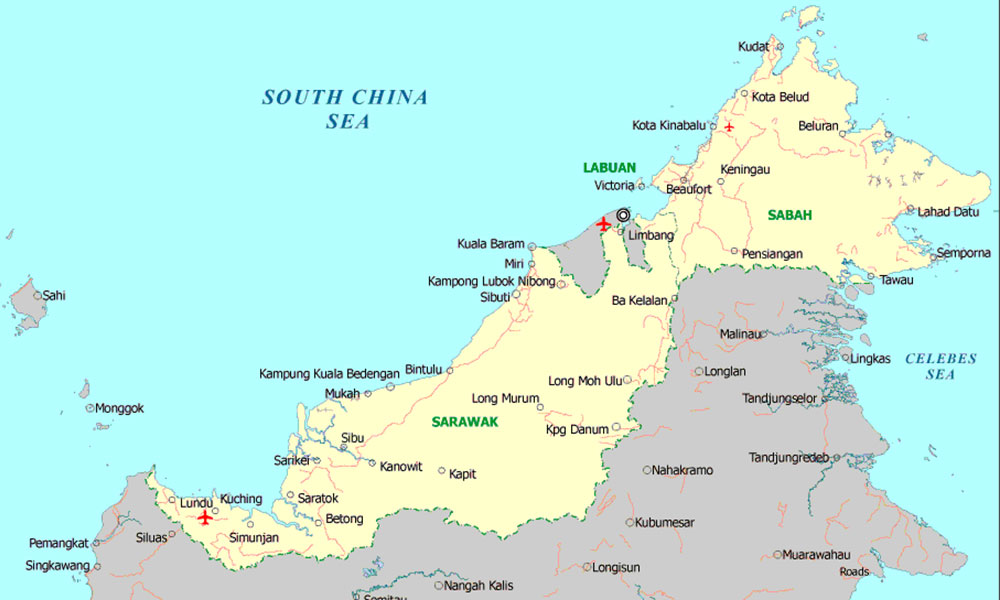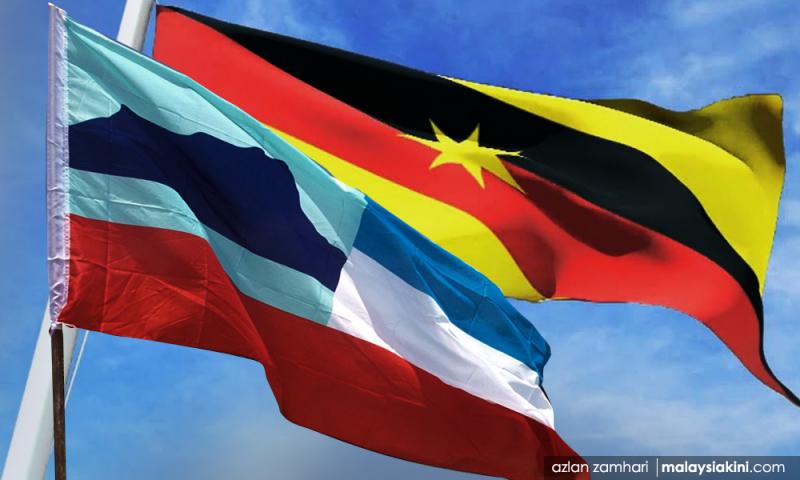ADUN SPEAKS | Sabah and Sarawak: Cart after the horse
ADUN SPEAKS | Need to place the cart after the horse in articulating the demands of Sabah and Sarawak.
Despite the recent constitutional amendments to the Malaysia Agreement 1963 (MA63), the relationship between Peninsular Malaysia, Sabah and Sarawak reveals undercurrents of discontent.
The question is: what is the best political formula to address and resolve the problems arising from federalism.
As they say, there is no smoke without fire.
The constitutional amendments to MA63 are mere appetisers for things to unfold.
The amendments seem to hardly have soothed the feelings and sentiments of those political establishments in Sabah and Sarawak.
There might be differences in the degree of their articulation, but the message is the same. In other words, more rights and privileges for Sabah and Sarawak.
In fact, there are currently moves to question the MA63 to replace it with a new agreement.
Some have even suggested the passing of a supplementary agreement to complement the existing MA63.
Whether a new agreement or a supplementary agreement is sufficient to address the growing regional needs of Sabah and Sarawak remains to be seen.
If the elephant is the MA63, then I don’t understand how a supplementary agreement would be able to address the problem.
Even if there is a justifiable need for a completely new agreement, then there is a need for elaboration as to why it is needed.
It is understandable that much water flowed under the bridge after the conclusion of the Malaysia agreement in 1963.
Two principal parties are no more, Britain and Singapore, leaving only three, Peninsular Malaysia, Sabah and Sarawak.
It makes sense to revisit the MA64 to ascertain its relevance in the light of the present demands from Sabah or Sarawak.
The revenue from oil and gas extraction has not been equitably shared with the territories.
Whether the old agreement should be continued, a new agreement comes into place, or there is a need for a supplemental agreement, must be seen in the larger context of new demands from these two territories.
Someone suggested that there should be a referendum to determine exactly what the people in these territories want.
It is a good democratic suggestion, but an idealistic one that cannot be implemented.
Such suggestion pays no respect to the elected representatives from these two territories who are representing the collective spirit.
Unless of course, it can be proved that they are unrepresentative of the people in these territories.

Anger and frustration
A new agreement might make sense taking into account the vast changes that have occurred after nearly 60 years of federalism.
A new agreement might be able to get rid of the old and archaic clauses to be replaced them with new and more dynamic ones.
The absence of the earlier parties and the passage of time might not be sufficient reasons as to why there is a need for a new agreement.
However, to date, the main reasons for a new agreement have yet to be spelt out in detail.
It is clear that the much-awaited amendments to the MA63 have not reduced the demands of Sabah or Sarawak, in fact, there is a clamour for more.
Nearly 60 years of the subordination of Sabah and Sarawak to Peninsular Malaysia has brought forth anger and frustration.
The much-awaited economic development potential for Sabah and Sarawak is yet to be realised under the federation.
The poorest of Malaysians are in the territories of Sabah and Sarawak.
The gap between the well-connected rich and the ignored poor is widening day by day.
There is a need for wide-ranging political mechanisms to deliver the two territories from sliding into a state of hopelessness and despair.
The amendments to MA63 have merely sought to rekindle and rejuvenate the thoughts of how to overcome nearly six decades of internal colonialism.
There is nothing to stop the two from moving ahead to realise their dreams.
The federation might have given the two territories a semblance of identity but such an identity alone is not sufficient to address and resolve the myriad problems.
The damage was done by the earlier government leaders who treated Sabah and Sarawak as mere appendages of Peninsular Malaysia rather than equal entities.
Recognition of their equal status is not enough, something must be done seriously to address the deteriorating federal relationship between Peninsula Malaysia and the other two territories on the island of Borneo.
There is a realisation on the part of governing elites in these two territories that they cannot be used and manipulated for political reasons.
The demand for a new political formula is much about the awakened status of Sabah and Sarawak.
Gone are the days when identity cards can be illegally issued to garner political support as was the case in Sabah.
The idea of establishing peninsula racial and religious parties might not work under the present changed circumstances.
They might just accelerate the process of division further.
Whether it is going to be a new agreement or supplemental one or even a referendum, the cart must not be placed before the horse.
What is needed is to spell out the unfulfilled demands of these two territories before a political formula could be articulated.
P RAMASAMY is Perai assemblyperson and Penang deputy chief minister II.
The views expressed here are those of the author/contributor and do not necessarily represent the views of Malaysiakini.
RM12.50 / month
- Unlimited access to award-winning journalism
- Comment and share your opinions on all our articles
- Gift interesting stories to your friends
- Tax deductable
